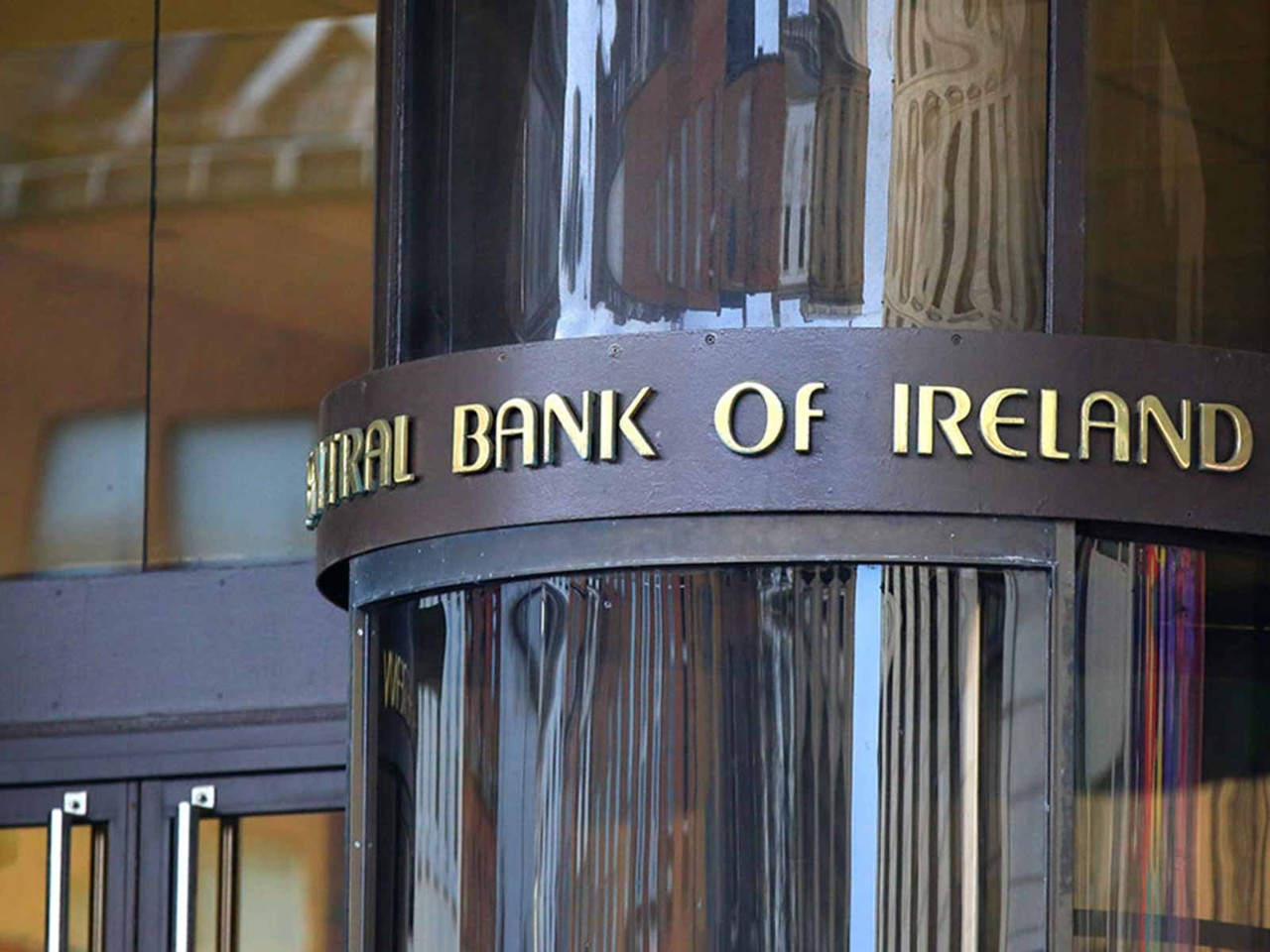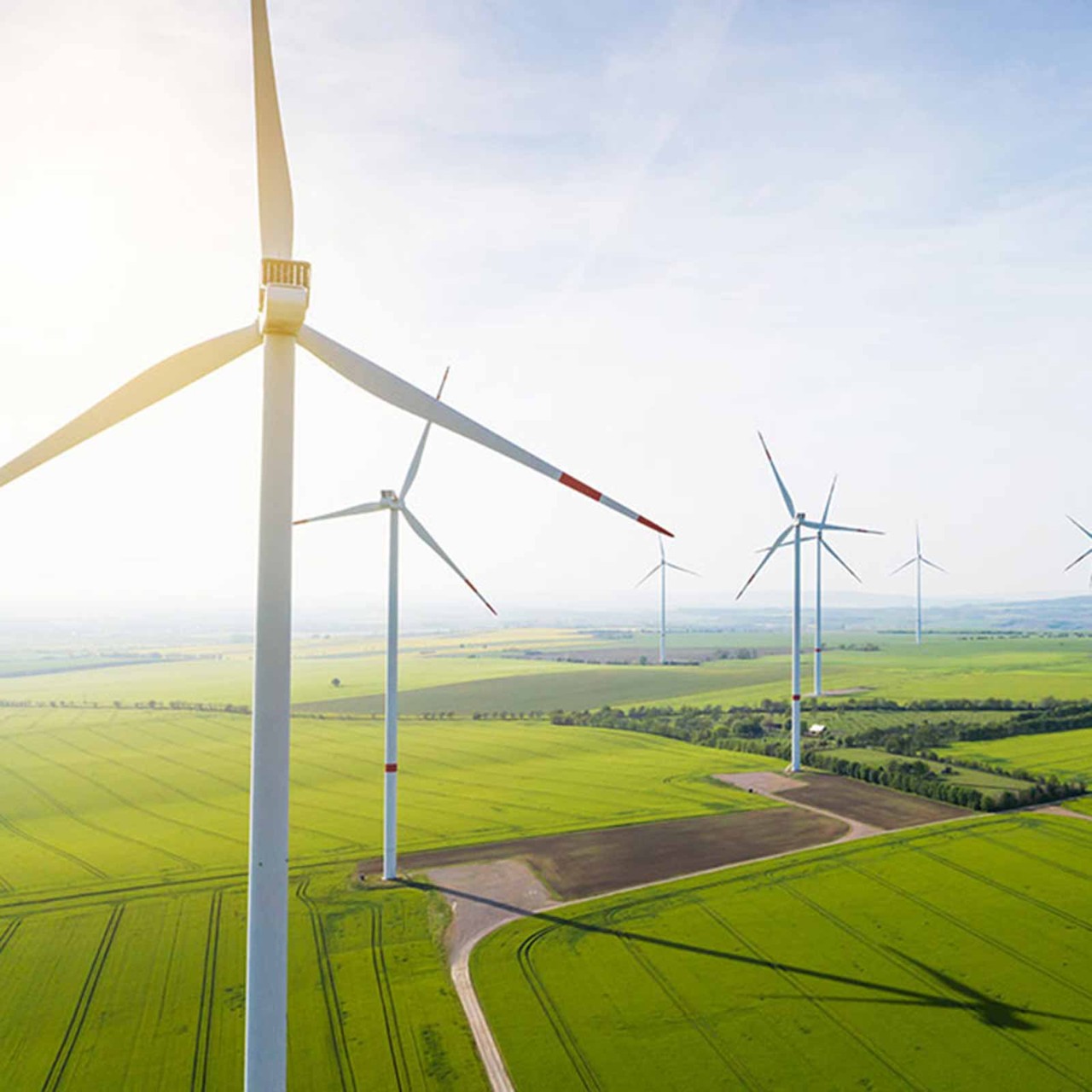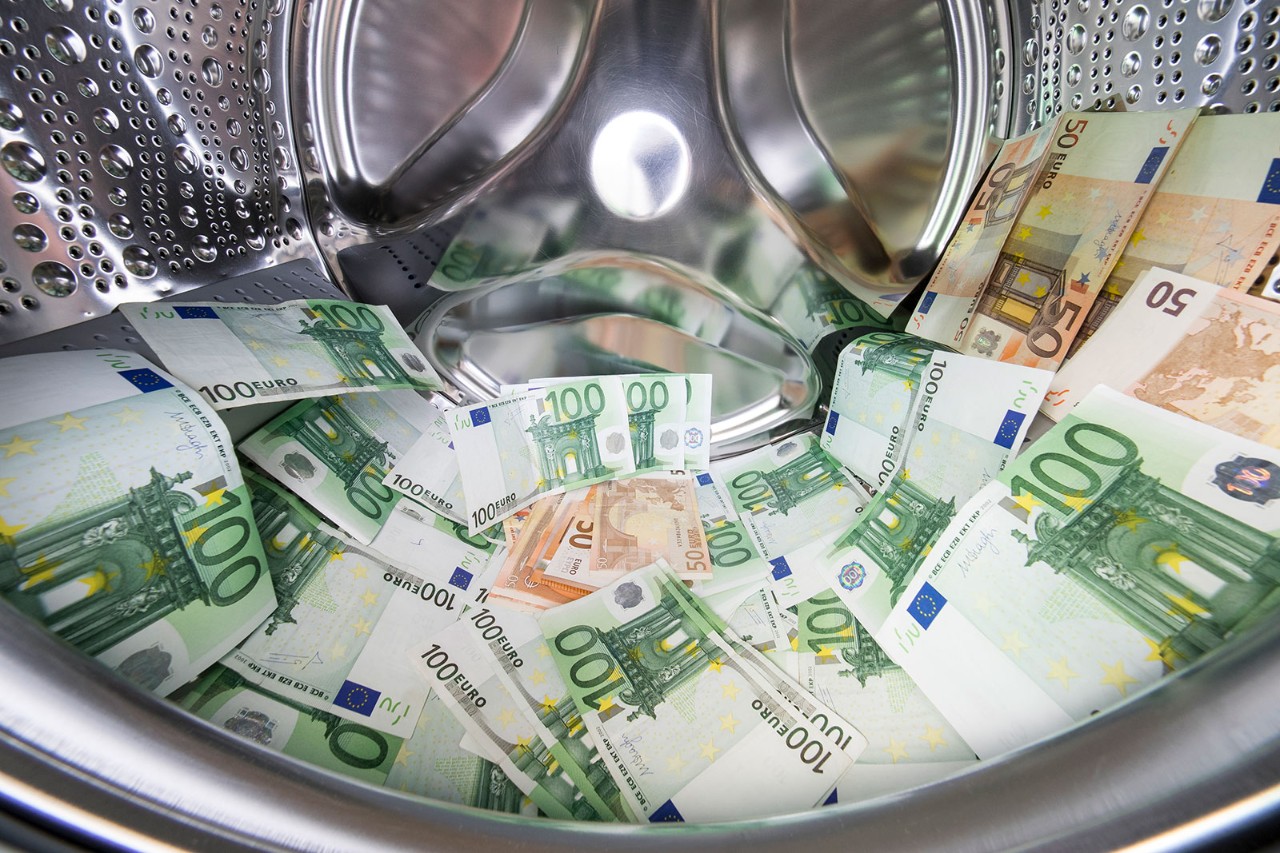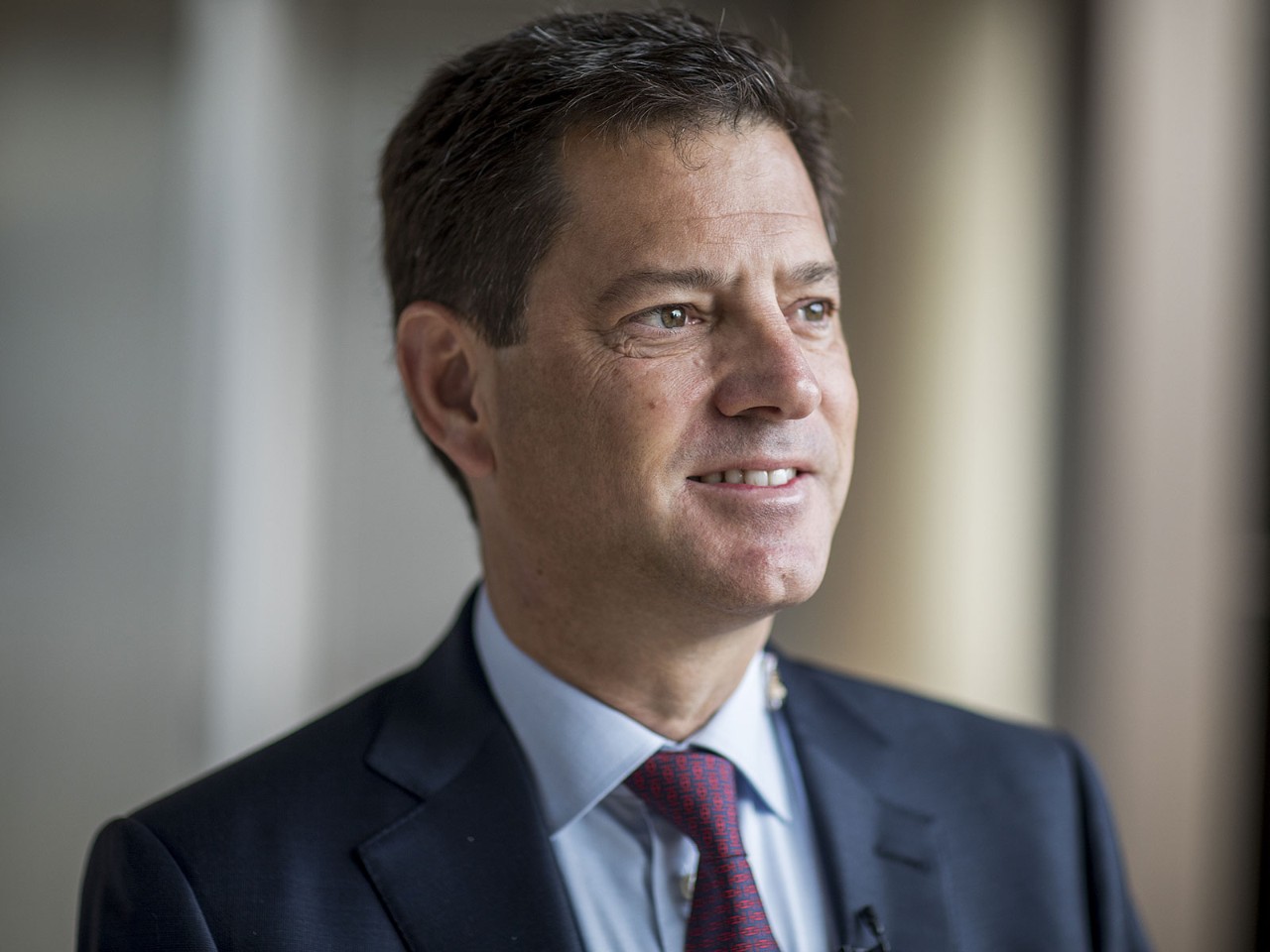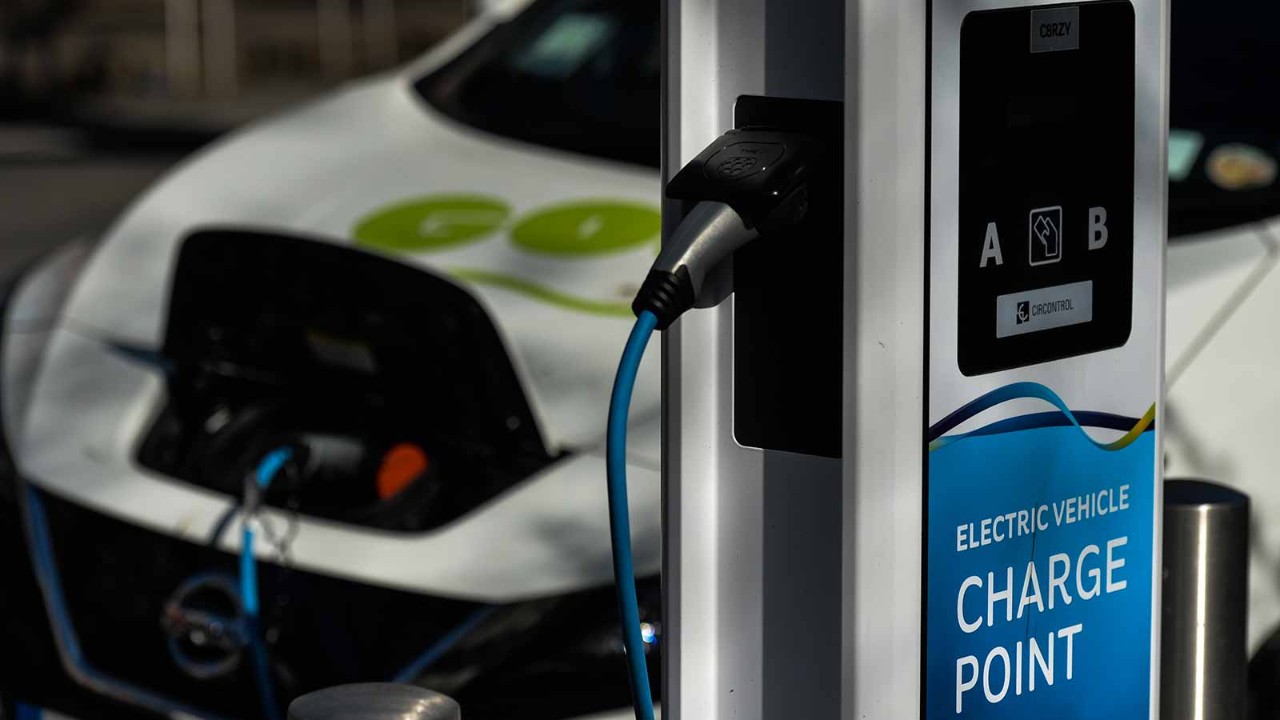
March saw the government approve the final text of its landmark Climate Bill, designed to set Ireland on the path to net-zero emissions by 2050 and to reduce emissions by 51% by the end of this decade.
An ACCA Ireland webinar at the end of the month also saw Tony Smurfit, CEO of leading packaging specialist Smurfit Kappa, pondering whether sustainability offered businesses a genuine competitive advantage or should be regarded as simply the duty of a good corporate citizen. (Read the AB article ‘How Smurfit took on Covid’ here.)
Both the prominence of the question and Smurfit’s response – that his company was well on the way to becoming carbon neutral and that its commitment to making its products environmentally friendly placed it apart from the competition – speak to the both the new significance of sustainability in Irish business and the growing ambition around it.
The role of business in achieving key goals to reduce the environmental impact of commercial operations has long been recognised, but its willing participation was, until recently, a more open question. While the ‘stick’ of government directives will undoubtedly prove increasingly significant, it’s the ‘carrot’ of investor sentiment that is currently more decisive.
When, in early 2020, Larry Fink, CEO of the world’s largest asset manager BlackRock, said climate change would ‘become a defining factor in companies’ long-term prospects’, he was speaking about a change in priorities that has only accelerated since then. Brian Kennedy, portfolio manager at Davy Asset Management, reflected earlier this year that ‘2020 can be looked back on as a year when sustainable investing became mainstream’ as total assets in European sustainable funds surpassed $1trn.
Climate change has moved from the sustainability office onto the boardroom table, becoming an integral part of the annual reporting cycle
Ireland’s top 10 companies with an ‘A’ ranking from CDP in 2020
- AIB
- Accenture
- Kingspan
- ESB
- Seagate Technology
- Mainstream Renewable Power
- Smurfit Kappa
- An Post
- Ardagh Group
- Johnson Controls International
Source: CDP
Changing course
The growing clout of investor sentiment can also be seen in the influence of the Carbon Disclosure Project (CDP), an international non-profit that runs an environmental reporting system on behalf of 600 leading global investors, collectively holding $106trn in assets.
The CDP’s Climate Change Report 2020, published in March, shows the journey of sustainability to be fully underway in the Irish corporate world. In all, 47 Irish-headquartered companies reported on their carbon emissions to the CDP last year, a rise of more than 50% on 2019. The year also saw five Irish companies – Kingspan, ESB, AIB, Accenture and Seagate Technology – placed on the CPD’s overall 2020 A List, joining 278 companies globally that are regarded as leaders in environmental transparency and action.
A notable aspect of the five, and indeed the 2020 ‘new joiners’ in general, is the diversity of sectors they operate in and their level of influence within them. Also noteworthy is the strong showing by companies in traditionally ‘emissions-heavy’ sectors, such as construction and transport.
New Irish participants included Ryanair, Glenveagh Properties, Hibernia REIT, Uniphar, and Cairn Homes, with semi-states Gas Networks Ireland and CIÉ also reporting for the first time. The latter, Ireland’s largest public transport provider, achieved one of the highest ratings among new participants and Caoimhe Donnelly, chief sustainability officer with CIÉ, commented that ‘enhancing disclosure is a central pillar of our climate action strategy’.
Leading home builder Glenveagh Properties was another first-timer with a strong showing, and director of strategy and IR Conor Murtagh said the company had also ‘included Sustainability Accounting Standards Board (SASB) disclosures as part of our first sustainability report’.
Progress and challenge
In all, 19 of Ireland’s 30 most valuable publicly quoted companies now report to the CDP, with the top 10-ranking Irish companies achieving either A or A-. Commenting on the results, Shane O’Reilly, chair of the CDP Ireland Network, said the 2020 data ‘showed how seriously Irish corporates are taking their environmental obligations’ and observed the country now ‘outperforms the global average, with 11% of the 47 Irish companies measured making the A-list, compared to 3% globally’.
Of course, there are some caveats to this story of progress. The CDP’s 2020 report also names companies headquartered in Ireland that did not respond to its request for data, a list including some equally influential and well-known organisations.
O’Reilly argues that ‘there is increasing recognition that companies who fail to disclose their environmental impact will be at a competitive disadvantage’, while, given the impressive performance of many companies that just a few years ago were regarded as laggards, it may well be that pressure from investors, customers and employees will bring many ‘non responders’ on board, sooner rather than later.
There are other concerns, however. O’Reilly notes a recent report from the European Investment Bank that suggests ‘EU firms could reduce investment by 25% in the short term, investment in areas of innovation and new technologies, which are the cornerstone in facing up to the climate challenge’.
Meanwhile, Laura Burke, director general of the Environmental Protection Agency, points to ‘the difficulties that Ireland faces in achieving even our current obligations of a 30% reduction in emissions by 2030’.
Such concerns aside, there can be little doubt that, in the words of CDP Ireland executive director Brian O’Kennedy, ‘climate change has moved from the sustainability office onto the boardroom table’ in Irish business life. What appeared, only a few years ago, to be the concern of fringe environmentalists ‘is now an integral part of the annual reporting cycle of many Irish companies’.
In what is a marathon rather than a sprint, there may be no easy stages, but Ireland can at least say it has serious competitors in the race to sustainability.
More information
The accountancy profession has a vital role to play in sustainability and climate action. To find out more, visit ACCA’s new Rethinking Sustainable Business hub and join the Big Conversation on climate action.
